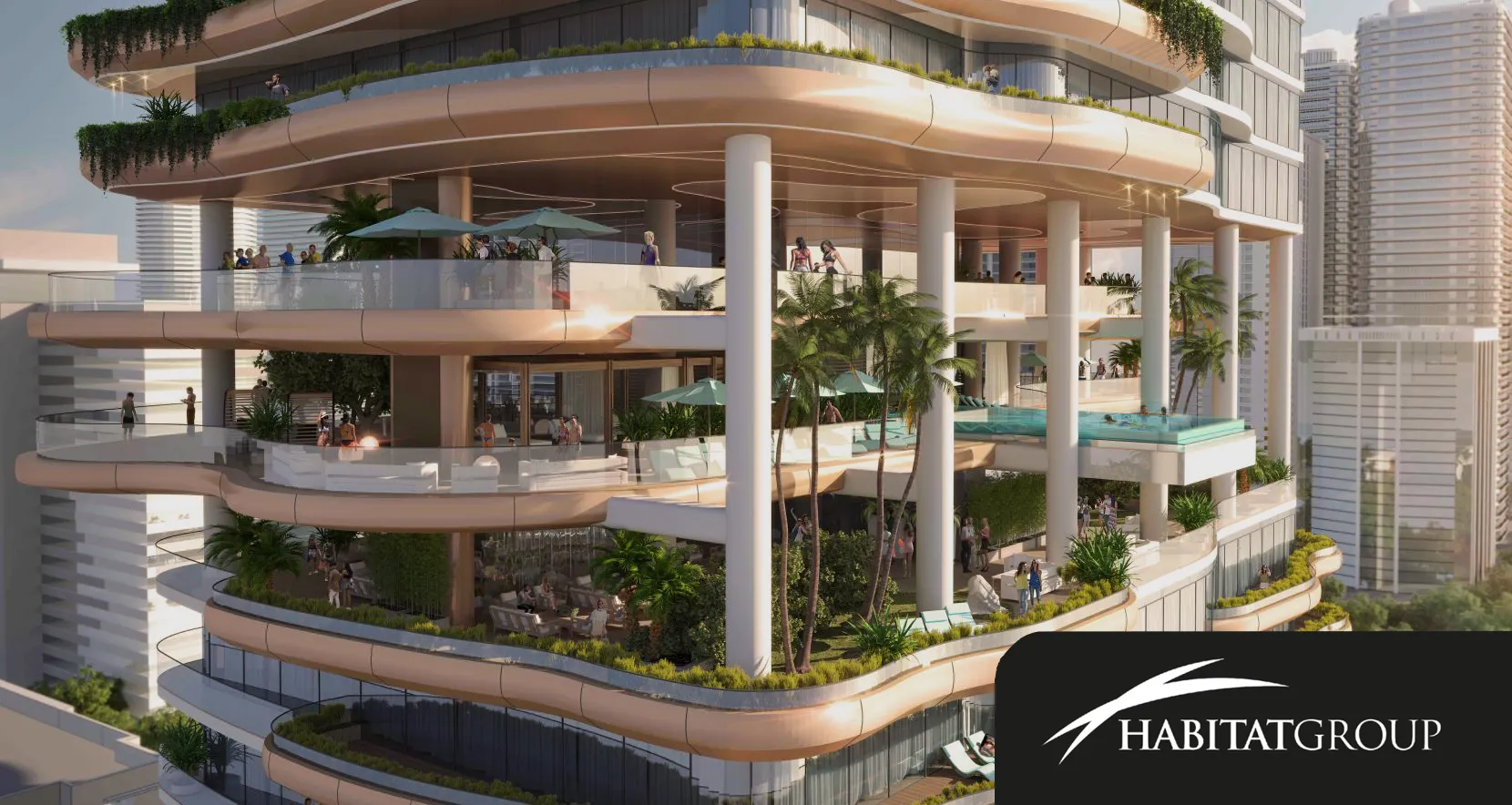As the world becomes more aware of environmental challenges, the real estate market is pushed to reinvent itself. Living and building harmoniously now involves introducing sustainable innovations to avoid harming the environment.
Ecological trends are being applied to the sector, transforming property construction and positively influencing property value and demand.
Sustainable Construction and Architecture
In the real estate market, the adoption of sustainable construction practices is marking a turning point in how spaces are designed and built.
Advances in the use of eco-friendly materials and environmentally responsible techniques are shaping buildings that respect the environment and offer long-term benefits to users and the community.
Currently, priority is given to using recycled materials and local resources, which, in addition to minimizing the carbon footprint, enhance the energy efficiency of buildings.
These sustainable construction methods respond to an environmental commitment as well as the growing consumer demand for properties that support a sustainable lifestyle.
As more developers adopt these methods, a new standard in construction is being defined that balances innovation and environmental care, setting new expectations in the real estate industry.
Ecological Certifications
Environmental certifications like LEED (Leadership in Energy and Environmental Design) and BREEAM (Building Research Establishment Environmental Assessment Method) play a fundamental role in shaping today’s real estate landscape.
These rating systems aim to evaluate buildings based on their sustainability and efficiency, influencing design and construction decisions.
By adhering to these standards, developers not only enhance the value of properties but also establish clear commitments to reducing energy and water consumption.
These certifications have become quality seals, assuring owners that they are investing in spaces that meet standardized ecological criteria.
Energy Efficiency Technologies
Technologies dedicated to energy efficiency are reshaping the real estate sector, introducing solutions that optimize resource consumption and promote a healthier environment.
Innovations such as solar panels and efficient water use systems allow buildings to reduce dependence on conventional energy sources and lessen their environmental impact.
Additionally, the implementation of low-consumption heating and cooling systems uses energy more effectively, reducing energy costs and carbon emissions.
As more buildings incorporate these solutions, a new standard is established in the real estate market, focused on efficiency and ecological responsibility.
Sustainable Design
The transition of architectural design towards more sustainable practices is evident in the planning and construction of new spaces.
Architects prioritize maximizing natural light, integrating large windows to reduce the need for artificial lighting and create more welcoming environments.
This strategy, along with improved natural ventilation, helps reduce energy consumption and improve indoor air quality.
Additionally, shared gardens are becoming more common in urban developments, providing green spaces for residents to cultivate plants and promote biodiversity.
Similarly, bike accessibility is becoming a standard, with infrastructures like bike lanes and secure storage encouraging an eco-friendly and active mode of transportation.
Impact on Property Value in the Real Estate Market
Incorporating sustainable features into properties influences their value in the real estate market. Equipped with eco-friendly technologies and designed sustainably, these properties offer environmental and economic benefits that attract eco-conscious buyers.
As a result, properties with sustainable improvements tend to increase in value more quickly than those without, due to the growing demand for environmentally friendly homes.
Additionally, due to this growing trend, developers are motivated to invest in sustainable projects, knowing they have a sector of buyers willing to pay for comfortable but sustainable and environmentally responsible properties.
At Habitat Group, we are at the forefront of these trends, seeking to meet the demand for environmentally respectful developments. We invite you to contact us to learn how to participate in our current projects.
